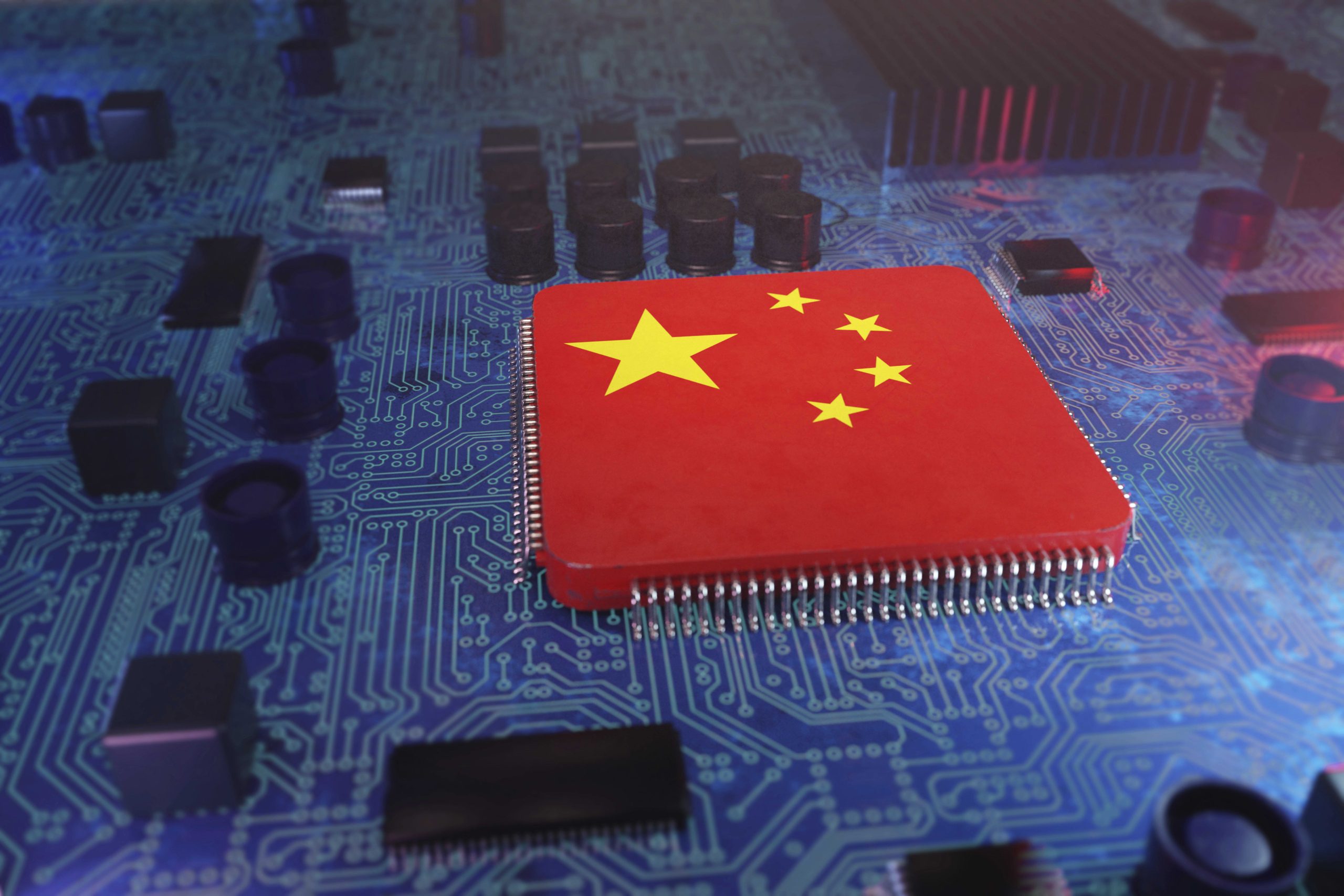BEIJING — For Chinese companies wary of U.S. tariffs, the big difference between President Donald Trump’s first and second terms is the emergence of generative artificial intelligence.
Chinese companies are hard at work. Nearly every day in the last two weeks, a Chinese firm has announced a new AI product — or how they’re making money with the tech.
To name a few:
Short-video company Kuaishou
Daily active Yuanbao users surged by 20 times in just a month, Tencent said last week. The company also shared how some farmers have used the AI app to analyze soil conditions for planting.
As a manufacturing hub, China has “great advantages in terms of ‘physical’ AI” since the country has lots of machines that can collect valuable data for training industry-specific models, Maxwell Zhou, CEO of autonomous-driving software company DeepRoute.ai, told CNBC on Friday in Mandarin, translated by CNBC.
DeepRoute.ai, launched in 2019, announced last week it was building a system for autonomous-delivery vehicles to send parcels with simple voice commands such as “pick up coffee from this store and send it to the apartment.”
Zhou said he hopes the system to be operational in China by early next year.
While it’s unclear which AI companies will ultimately succeed, analysts expect Chinese businesses stand a better chance at excelling with the help of AI applications. AI tools could cut costs for companies and offset some of the impact of an economic slowdown.
The combined impact of the tech is lifting expectations for Chinese corporate earnings growth in the year ahead, said Ding Wenjie, investment strategist for global capital investment at China Asset Management.
Earnings will signal whether the economy is really turning around, especially under the pressure of tariffs and other trade restrictions.
Goldman Sachs in early February estimated a 20% increase in U.S. tariffs on Chinese goods could shave off 5% in Chinese corporate earnings, in Hong Kong dollar terms.
The greater question for the U.S. and China, however, stretches beyond tariffs.
After a visit to China this week for a conference, New York Times columnist Thomas Friedman concluded that it was not tariffs or Taiwan that the U.S. and Chinese presidents needed to discuss immediately — but rather AI that’s as smart as humans and pervades the world.
The author of “The World is Flat” likened a possible U.S.-China collaboration on AI to the Soviet-U.S. nuclear arms control deal.
International: Top News And Analysis
Read the full article <a href="Read More” target=”_blank”>here.


